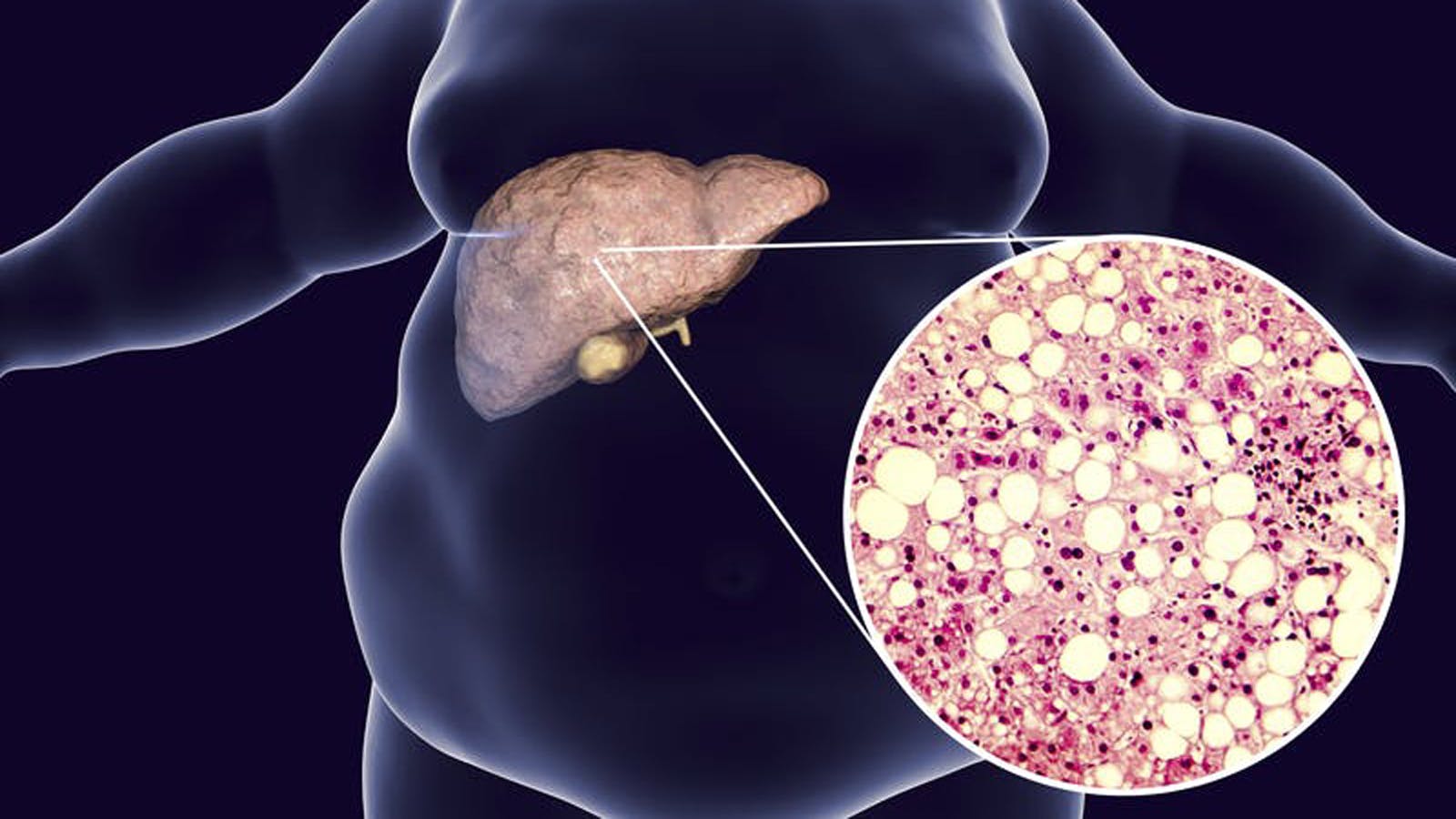March 24, 2020
Dr. Andreas Eenfeldt, MD | medical review by Dr. Bret Scher, MD
Despite half a century of research, there is still no high-quality evidence that natural saturated fat (from foods like butter and eggs) is anything but neutral from a health perspective.5
In a recent analysis, 19 leading researchers concluded that it’s wrong to maintain the general advice to reduce saturated fat intake, as evidence does not support it.6
Another recent analysis of the field published in BMJ Evidence-Based Medicine concluded that: “The preponderance of evidence indicates that low-fat diets that reduce serum cholesterol do not reduce cardiovascular events or mortality. Specifically, diets that replace saturated fat with polyunsaturated fat do not convincingly reduce cardiovascular events or mortality. These conclusions stand in contrast to current opinion.”7
Finally, a recent overview of the evidence linking saturated fat to heart disease, written by four prominent experts in the area, noted that when any fat, including saturated fat, replaces carbohydrate in the diet, there is improvement in important lipid markers related to risk of heart disease.8
A 2009 systematic review of cohort studies and RCTs looking at potential relationships between dietary factors and heart disease concluded that “Insufficient evidence of association is present for intake of … saturated or polyunsaturated fatty acids; total fat … meat, eggs and milk”:
Archives of Internal Medicine 2009: A systematic review of the evidence supporting a causal link between dietary factors and coronary heart disease [moderate evidence]
Similarly, a 2010 review of cohort studies found “…no significant evidence for concluding that dietary saturated fat is associated with an increased risk of CHD or CVD”:
The American Journal of Clinical Nutrition 2010: Meta-analysis of prospective cohort studies evaluating the association of saturated fat with cardiovascular disease.
Meta-analyses of observational studies in 2015 and 2017 reached the same conclusions about the lack of association between saturated fat and heart disease:
British Medical Journal 2015: Intake of saturated and trans unsaturated fatty acids and risk of all cause mortality, cardiovascular disease, and type 2 diabetes: systematic review and meta-analysis of observational studies.
British Journal of Sports Medicine 2017: Evidence from prospective cohort studies does not support current dietary fat guidelines: a systematic review and meta-analysis. Looking at two systematic reviews of RCTs, there is still no convincing evidence that saturated fat is harmful.
In these reviews, researchers concluded that replacing saturated fats with unsaturated fats might slightly reduce the risk of heart attack and other cardiovascular events by about 14 to 19 percent.
However, in the first of these review, the reduction in risk was seen only in studies of at least two years duration and in studies of men, but not of women; furthermore, these changes appeared to have no effect on total or heart disease mortality:
Cochrane Database of Systematic Reviews 2011: Reduced or modified dietary fat for preventing cardiovascular disease.
In the second systematic review, for five of the eight studies analyzed there was insufficient evidence to conclude that the group outcomes were statistically significantly different from each other:
PloS Med 2010: Effects on coronary heart disease of increasing polyunsaturated fat in place of saturated fat: a systematic review and meta-analysis of randomized controlled trials.
In addition, other more recent systematic reviews of RCTs haven’t shown any reduction in heart disease risk as a result of substituting saturated fats with unsaturated fats:
Nutrition Journal 2017: The effect of replacing saturated fat with mostly n-6 polyunsaturated fat on coronary heart disease: a meta-analysis of randomised controlled trials.
Open Heart 2016: Evidence from randomised controlled trials does not support current dietary fat guidelines: a systematic review and meta-analysis.
Annals of Internal Medicine 2014: Association of dietary, circulating, and supplement fatty acids with coronary risk: a systematic review and meta-analysis.
British Medical Journal 2013: Dietary fatty acids in the secondary prevention of coronary heart disease: a systematic review, meta-analysis and meta-regression.
When it comes to butter and other high-fat dairy specifically, there is some observational evidence that people consuming it might be, if anything, thinner and healthier than others.
In 2012, researchers exploring the relationship between full-fat dairy, heart health, and weight concluded that “the observational evidence does not support the hypothesis that dairy fat or high-fat dairy foods contribute to obesity or cardiometabolic risk”:
European Journal of Nutrition 2012: The relationship between high-fat dairy consumption and obesity, cardiovascular, and metabolic disease.
The evidence above indicates that dietary advice to avoid fat in general and saturated fat in particular is based on a very weak scientific foundation.











